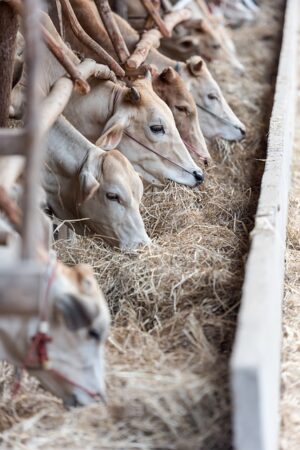In Wagga Wagga, choosing between farm sheds made of steel or wood involves careful consideration of various factors including climate, maintenance requirements, budget, and sustainability. Steel farm sheds are highly durable, resisting environmental extremes with minimal upkeep and offering a design flexible enough for diverse agricultural needs. They're particularly suited to the region's variable climate, reflecting sunlight to manage heat and resisting corrosion from humidity. While wooden farm sheds offer an attractive, traditional look, they necessitate consistent maintenance due to their sensitivity to weather conditions and require more frequent treatments to protect against rot and pests. The choice between these materials also involves considering the environmental impact, with steel being 100% recyclable and offering long-term cost savings through reduced maintenance needs. Both options have proven reliable in Wagga's farming community, with each providing distinct advantages for securing and storing agricultural assets. Farmers should weigh local expert advice, operational requirements, and personal preferences when deciding on the most suitable farm shed to support their agricultural operations.
In the agricultural heartland of Wagga Wagga, the choice between steel and wooden farm sheds is a pivotal decision for farmers seeking durable, cost-effective, and sustainable storage solutions. This article delves into a comprehensive comparison of these two materials, examining their durability and longevity, financial implications, maintenance needs, structural integrity, design flexibility, and environmental footprints. By leveraging insights from local Wagga experts, readers will gain a clear understanding of the practicalities of each option to make an informed decision for their farm sheds. Steel vs Wooden Farm Sheds in Wagga: assessing each material’s strengths and weaknesses can guide farmers towards optimal choices that align with their specific needs and regional conditions.
- Evaluating Durability and Longevity: A Comparison of Steel and Wooden Farm Sheds in Wagga
- Cost Analysis: Initial Investment and Long-Term Financial Implications for Steel vs Wooden Farm Sheds
- Maintenance Requirements and Upkeep: Managing Steel and Wooden Farm Sheds in the Wagga Climate
- Structural Integrity and Design Flexibility: An Overview of Steel and Wooden Farm Shed Options in Wagga
- Environmental Considerations: The Eco-Friendly Aspects of Steel and Wooden Farm Shed Construction in Wagga
- Local Expertise and Recommendations: Insights from Wagga Farmers on Their Experiences with Steel and Wooden Farm Sheds
Evaluating Durability and Longevity: A Comparison of Steel and Wooden Farm Sheds in Wagga
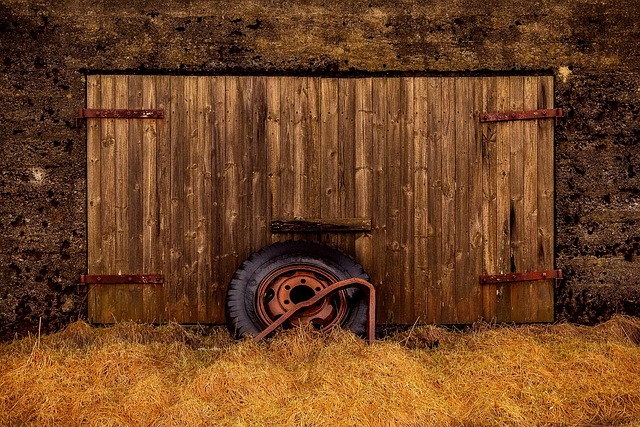
When assessing the durability and longevity of farm sheds in Wagga, both steel and wooden options present unique advantages and considerations for farmers and property owners. Steel farm sheds are renowned for their resilience against environmental factors such as harsh sunlight, heavy rain, and strong winds prevalent in the region. The corrosion-resistant properties of galvanized or painted steel ensure that these structures can withstand the elements over extended periods without significant upkeep. Moreover, steel’s inherent strength allows for larger spans without internal supports, providing ample space for agricultural machinery and livestock.
In contrast, wooden farm sheds offer a traditional aesthetic that complements the rural landscape of Wagga. Timber sheds require regular maintenance to protect against wood-decaying factors like termites, rot, and weather exposure. When properly maintained, however, they can also endure for decades, offering a cost-effective solution initially. The choice between steel and wood should be informed by factors such as local climate, specific agricultural needs, available budget, and desired maintenance commitment. Both materials have proven track records in Wagga’s agricultural sector, each offering different benefits in terms of durability and longevity that can contribute to the protection and storage of valuable farm assets.
Cost Analysis: Initial Investment and Long-Term Financial Implications for Steel vs Wooden Farm Sheds
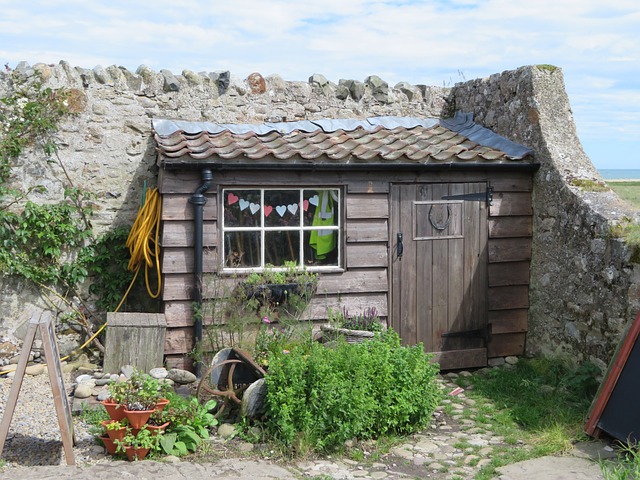
When considering the initial investment for farm sheds in Wagga, both steel and wooden options present distinct financial scenarios. Steel farm sheds typically require a higher upfront cost compared to their wooden counterparts; however, this initial expense often translates into long-term savings. The durability of steel construction means fewer maintenance costs over time, reducing the overall cost of ownership. Steel’s resistance to rot, pests, and extreme weather conditions ensures that the structure maintains its integrity without the regular upkeep required by wooden sheds. Conversely, wooden farm sheds may offer a lower initial investment, making them an attractive option for budget-conscious farmers. However, their lifespan is shorter, with potential costs for repairs, repainting, and treatment against decay and infestation. These recurring maintenance expenses can accumulate over the years, potentially equalizing or even surpassing the long-term cost of a steel shed. The choice between steel and wooden farm sheds in Wagga thus hinges on a balance between initial investment and the expected lifecycle costs, with each material offering different financial implications for farmers.
Maintenance Requirements and Upkeep: Managing Steel and Wooden Farm Sheds in the Wagga Climate
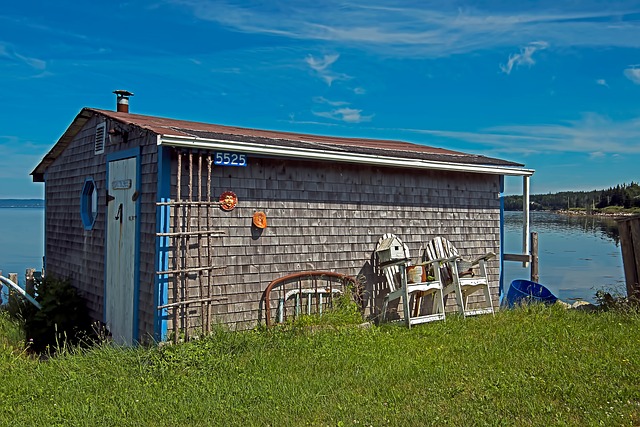
In Wagga, where environmental conditions fluctuate between hot summers and mild winters, maintaining farm sheds is a year-round commitment. Steel farm sheds present a low-maintenance option, designed to withstand the harsh elements with minimal upkeep. Their resilience to rust and corrosion, often associated with the humid climate, makes them an ideal choice for farmers looking for durability without frequent repairs. The reflective properties of steel can also mitigate the effects of intense sunshine, keeping the interior cooler. In contrast, wooden farm sheds require more hands-on care in Wagga’s climate. Regular treatment against rot and pests is necessary to preserve their structural integrity. The natural material reacts to the local conditions, expanding and contracting with temperature changes, which can lead to maintenance challenges if not properly managed. Additionally, painting or staining every few years is crucial to maintain the aesthetic appeal and protect the wood from UV radiation and moisture. Both steel and wooden farm sheds serve as vital assets for agricultural operations in Wagga, but their distinct maintenance requirements underscore the importance of selecting a material that aligns with your specific needs and available resources.
Structural Integrity and Design Flexibility: An Overview of Steel and Wooden Farm Shed Options in Wagga
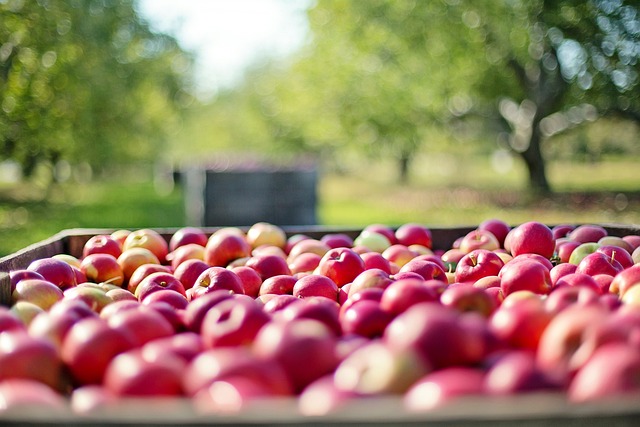
In Wagga, both steel and wooden farm sheds offer distinct advantages in terms of structural integrity and design flexibility for agricultural needs. Steel farm sheds are renowned for their robustness and durability, capable of withstanding harsh environmental conditions such as high winds, heavy snowfall, and extreme temperatures. The strength of steel is unparalleled, providing a structure that remains stable over time without the need for extensive maintenance. This resilience ensures that farm equipment and crops are secure, even in the most demanding weather scenarios. Additionally, steel’s versatility allows for various designs to suit different storage or animal husbandry requirements, from spacious open areas to partitioned sections with mezzanine levels.
Wooden farm sheds, on the other hand, bring a traditional charm to any rural landscape. They are often favored for their natural aesthetic and the ability to blend seamlessly into the surrounding environment. Wood’s adaptability in design means that these sheds can be customized to meet specific functional needs while also providing a warm, inviting space. While wooden farm sheds may require more regular upkeep compared to their steel counterparts, they offer a sustainable building material option. The choice between steel and wood in Wagga depends on the specific needs of the farm, including budget considerations, desired lifespan, aesthetic preferences, and the type of protection needed against environmental factors. Both materials present viable options for farmers looking to construct durable, functional, and adaptable farm sheds that can serve a multitude of purposes on their land.
Environmental Considerations: The Eco-Friendly Aspects of Steel and Wooden Farm Shed Construction in Wagga
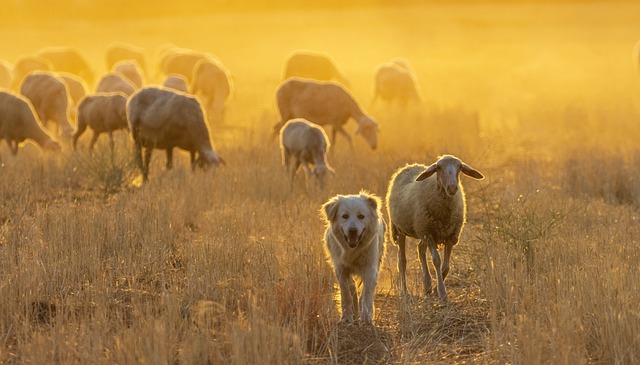
In Wagga, the choice between steel and wooden farm sheds carries significant environmental considerations. Wooden farm sheds, often crafted from locally sourced timber, can offer a renewable construction material option that sequesters carbon. The use of timber in these structures contributes to forest management practices that promote biodiversity and sustainable forestry. However, the lifecycle of wooden farm sheds includes potential for decay, pest infestation, and eventual replacement, which can have ongoing environmental impacts.
Steel farm sheds present an alternative with distinct eco-friendly aspects. Steel is 100% recyclable, and constructing a steel shed in Wagga minimizes the demand for virgin materials, reducing the ecological footprint associated with deforestation and timber processing. Additionally, steel’s durability means it often outlives its wooden counterpart, potentially requiring less maintenance and replacement over time. The energy efficiency of steel sheds can also be enhanced through the use of sustainable insulation materials, further minimizing the environmental impact. Both materials offer unique benefits for eco-conscious farm shed construction in Wagga, with the decision largely dependent on factors such as local resource availability, the intended lifespan of the shed, and the specific sustainability goals of the farmer or landowner.
Local Expertise and Recommendations: Insights from Wagga Farmers on Their Experiences with Steel and Wooden Farm Sheds
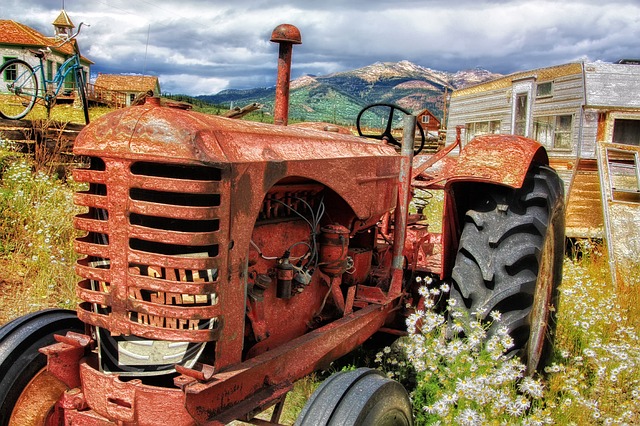
In Wagga Wagga, a region with a rich agricultural heritage, local farmers have amassed valuable insights into the practicalities and performance of farm sheds constructed from both steel and wood. These seasoned practitioners of the land offer unique perspectives on durability, maintenance, and cost-effectiveness that are instrumental for anyone looking to invest in new storage or sheltered space. Steel farm sheds, known for their robustness and longevity, often come highly recommended by these farmers. They stand up well against harsh environmental conditions, such as the variable weather patterns common in Wagga Wagga, providing a secure and long-lasting solution for storing equipment, livestock, and crops. On the other hand, wooden farm sheds are appreciated for their aesthetic appeal and initial affordability. Some farmers prefer the traditional charm they bring to the landscape, as well as their adaptability to various designs. However, it’s important to weigh the long-term maintenance requirements against the initial costs when considering wood, as frequent upkeep may counterbalance the lower upfront investment. Both options have their merits and drawbacks, and the choice often hinges on specific needs, budget constraints, and the farmer’s expertise in managing such structures over time. Engaging with these local experts can provide a wealth of knowledge to inform your decision on the type of farm shed that will best serve your agricultural needs in Wagga Wagga.
When considering the adoption of farm sheds in Wagga, it’s clear that both steel and wooden options present unique advantages. Steel farm sheds lead in terms of durability and longevity, offering robust protection against the region’s environmental conditions. Their cost over time may be higher initially, but this is often offset by lower maintenance requirements, making them a sound financial choice in the long run. Design flexibility also allows for customization to suit diverse agricultural needs. On the other hand, wooden farm sheds are competitive in terms of initial investment and can blend with the natural landscapes characteristic of Wagga, aligning with some farmers’ preferences for a more traditional appearance.
Environmental considerations further shape the decision-making process. Steel structures typically have a smaller carbon footprint over their lifespan due to recyclability and energy efficiency in production. Local farmer insights emphasize the importance of considering both structural integrity and maintenance when making a choice, with many advocating for the reliability and low upkeep of steel sheds. Ultimately, the selection between steel and wooden farm sheds in Wagga hinges on a balance of these factors, with each material offering distinct benefits that cater to different farming operations and values.
